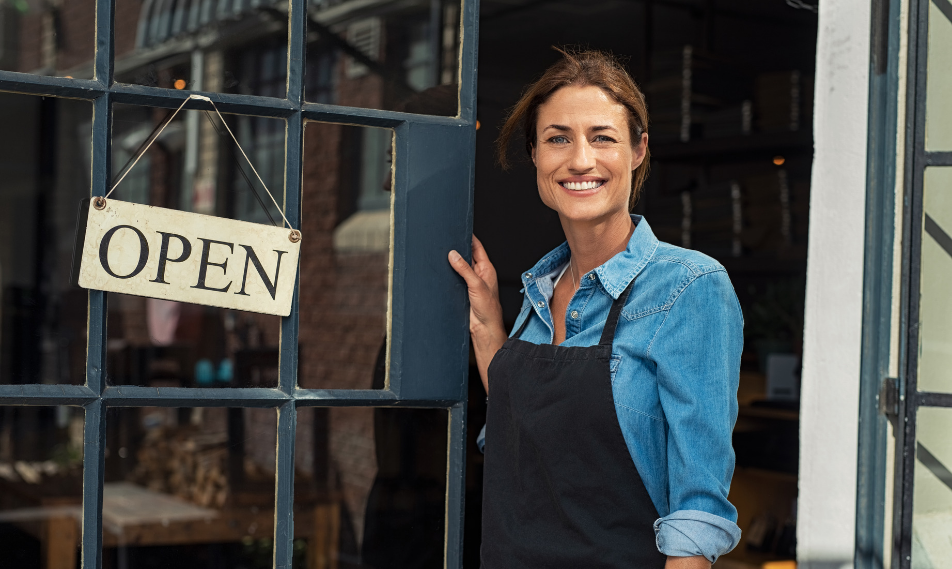Why Do We Need Accessible & Inclusive Shared Areas?
So many people rely on disability care in Sydney, and in fact over 4 million or approximately one in five people in Australia have some form of disability. What’s more, Australia’s ageing community may also face mobility challenges - in 2017 there were 3.8 million Australians aged 65 and over, comprising approximately 15% of the total population. So it’s imperative that accessibility considerations and inclusiveness is taken into account for workplaces, retail shops, living spaces and community areas so that all Australians can feel welcome and comfortable. It would be awful arranging a social meeting with friends or family, only to find out that some people might not be able to even enter the building! Here are some hints and tips that may help you determine whether a space is accessible and inclusive.
Parking & Entrance Access
Does the venue have a disabled parking area? Space for larger vehicles that are as close as possible to the entrance are ideal. If there are stairs at the entrance or within the building itself it is best to ensure ramp access runs alongside this stairway as an easier alternative, or otherwise installing at least one lift to be available to visitors who may have difficulties physically getting around. This benefits not only disabled and elderly visitors but also assists mothers with prams. Another tip that shows clear accessibility considerations have been made, is to look for automatic doorways.
Facilities
In order to be inclusive to all Australians, venues should have disabled toilet facilities and offer Hearing Aid Loop and audio descriptions of the experience it offers. If the venue involves an audience setting such as a theatre, sporting ground or music hall, it would also be beneficial to provide accessible viewing areas away from crowds.
Venue Policies
If a space truly is accessible and inclusive, this should mean that companion cards are accepted – so that disability support workers or carers of any kind won’t have to pay for a separate ticket and can enter free of charge. The venue should also support service dogs and ideally offer quiet time sessions for those who would find this more comfortable, such as people with Autism.
While there have been gradual improvements over time to the accessibility and inclusiveness of homes, businesses and shared spaces throughout Australia and the world, the sad reality is there are still many places that are yet to consider these improvements and therefore continue to exclude our disabled community.
If you or your loved one live in NSW and are looking to find a carer or buddy for assistance getting out and about amongst the community, sign up with Home Care Heroes. Home Care Heroes is on a mission to end social isolation and loneliness due to disability, illness or ageing. We have fully vetted heroes that can offer companionship and are available throughout Sydney, Newcastle and Central Coast NSW areas. Plus, Home Care Heroes has a $40 per hour flat fee including weekends and public holidays, as well as group booking options.

